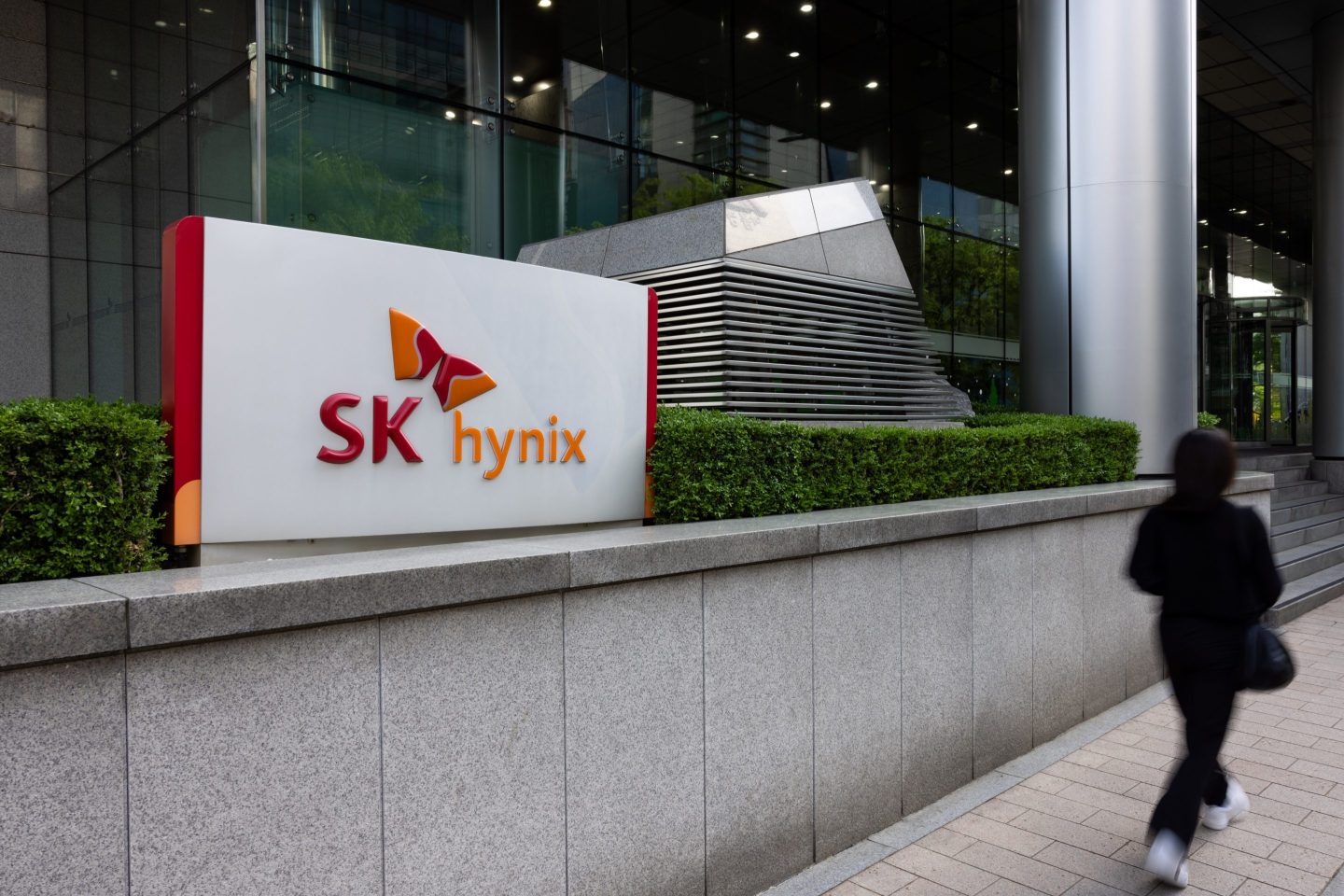A mix of COVID-related supply-chain issues, a natural electronics upgrading cycle, and locked-down pandemic consumers buying new electronics led to a shortage of semiconductors at the height of the coronavirus crisis.
That bottleneck eventually corrected itself when relaxed restrictions led to a decline in demand for new electronics, coupled with manufacturers over-stockpiling.
However, the past 12 months have pointed to signs of another chip shortage—this time because of AI-related demands.
The chairman of Taiwan Semiconductor Manufacturing Co., Mark Liu, told Nikkei Asia in September that supply constraints on AI chips will take about 18 months to ease. TSMC makes Nvidia’s highly-sought-after processors.
Then in February, Nvidia CEO Jensen Huang had to address a question on fair allocation owing to the demand for AI chips during an earnings call. Even Sam Altman, CEO of OpenAI, is looking to raise trillions of dollars for a global chip venture aimed at solving the chip bottleneck.
And on Thursday another major chip manufacturer signaled the shortage of AI-related chips isn’t going to improve anytime soon. SK Hynix, the world’s second-largest producer of memory chips and a major Nvidia supplier, isn’t just sold out of its high-bandwidth memory chips for 2024, it’s also almost sold through its entire 2025 volume as well. The chips boast lower power consumption and faster processing speed—pushing buyers to get their orders in early.
Kwak Noh-Jung, CEO of SK Hynix, added at a news conference on Thursday that annual demand growth for AI-applicable memory chips is expected to be about 60% in the medium- to long-term.
Last week, the South Korea–based chipmaker reported a better-than-expected first quarter, thanks to the AI-driven demand for chips. SK Hynix reported revenues of 12.4 trillion won ($9 billion) for the March quarter, up 144% from a year ago. Operating profit was 2.89 trillion won ($2.1 billion), higher than estimates of 1.8 trillion won ($1.31 billion).
Likewise Samsung Electronics—the world’s largest producer of memory chips—reported Tuesday that its semiconductor division was profitable again, thanks to boosted demand for semiconductors.
Both Samsung and SK Hynix are now investing in HBM (high-bandwidth memory) production, but market research firms generally designate the latter as the market leader for HBM chips.
And SK Hynix is intent on keeping that position. The firm will start production of its latest 12-layer-high HBM3E chips in the third quarter. With more layers to the chip will come better performance.
Samsung forecasts it will start mass production of its 12-layer HBM chip during the first half of this year.












